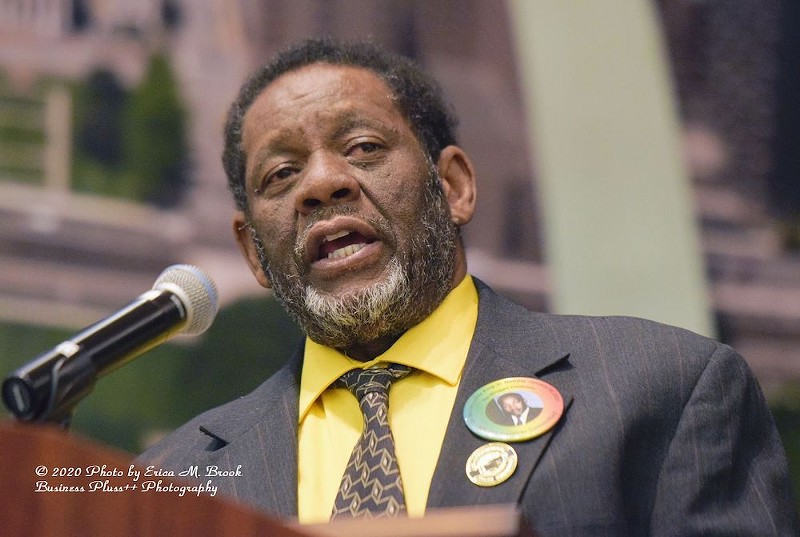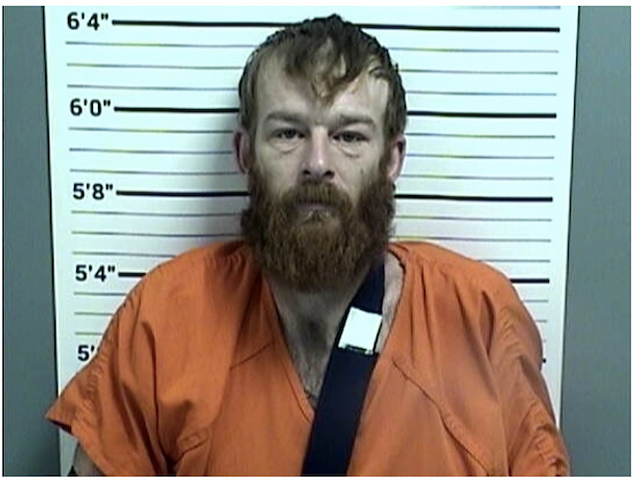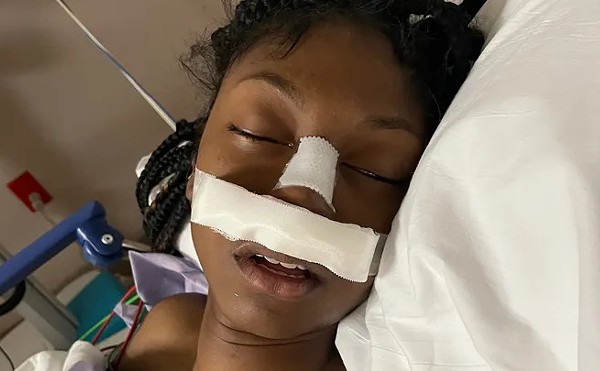
This month marks the 50th anniversary of the Coalition of Black Trade Unionists’ 1973 manifesto, which officially established the group as an organization after its initial gathering in Chicago in 1972. The CBTU’s St. Louis chapter commemorated the benchmark with a gala event on Saturday, September 2, with newly elected Communications Workers of America (CWA) International President Claude Cummings, Jr., as the night’s keynote speaker.
CBTU-St. Louis president James “Jay” Ozier spoke with the RFT ahead of the celebration. He shared his thoughts on the catalyst for the CBTU, Black workers’ place in the labor movement and labor’s recent advances in workplaces such as Amazon and Starbucks.
This interview has been edited for clarity and length.
What was your first experience with the CBTU? What initially drew you to the organization?
There was racism in the workforce, and the Black workers — we were the last hired and the first fired. It’d been about a year into my apprenticeship in the carpenters union in 1972. I recognized early on that if we were going to do something in regards to job opportunities, that we as Black workers were going to have to be organized. Because the companies that we’re going to be working for — they’re organized.
I would say one significant thing that always stood in my mind, was when Percy Green, who was the head of ACTION [Action Committee to Improve Opportunities for Negroes], climbed up on the Arch while it was being built to protest the lack of Black workers on the construction of the Arch. And that was 1964, but that always stayed in my mind.
The CBTU describes itself as the bridge between the labor movement and the Black community. Can you talk more about what that relationship looks like in St. Louis?We’ve made progress with organized labor here, particularly with the AFL-CIO. Pat White is the president of the St. Louis Labor Council. He’s supported us and has gotten the labor council to support the CBTU in some of the issues that we’ve been faced with. We’ve got more Blacks hired into the building trade. There’s a program that we helped them initiate called Building Union Diversity, led by Dr. John Gaal out of the carpenters’ union.
In August in 2014, when Michael Brown was killed here, one of the members of CBTU, Reverend Tommie Pierson, used his church [Greater St. Mark Family Church ] as a safe haven for the young folks to rest and to be able to go and get their eyes washed out. Later in the year, the Missouri AFL-CIO had their convention here in St. Louis. They invited the then-president of AFL-CIO, Richard Trumka to speak, and I’m paraphrasing, but he said, ‘We got a problem. When a union brother kills a union sister’s son, we got a problem.’ Richard Trumka asked then-CBTU president Lew Moye what can we do. And he set up a meeting with some of the labor leaders here in St. Louis and the Black community at St. Mark’s. The biggest demonstration that was held downtown around Michael Brown’s murder was organized with the support of organized labor.
What do you make of all the increased labor activity happening around the country?
I guess it would be reminiscent of unions being organized back in the 1930s. The companies didn’t want UAW, or the carpenters union, or the Teamsters. But they fought and fought and some battles, they won. And in the end, they were able to organize workers. The CBTU supports the right of workers to organize. As I mentioned earlier, the company is organized. So, if you are not organized, you’re at a disadvantage. We have to be able to organize if we’re going to fight back. We’ve participated at different actions they’ve had here in St. Louis. They had that big action for Amazon workers and we came out and supported that.
Looking forward, what are your hopes for the next 50 years of CBTU, and for all workers in St. Louis generally?
I’d say the biggest one right now is getting on the ballot for the $15 an hour. We’re joining with Missouri Jobs for Justice in collecting signatures to put $15 on the ballot and to give sick leave for workers. Whether they’re in a union or not, everyone needs these benefits. All workers need decent pay and they need to be able to have some sick leave.
We also need to increase our political education because politics — we can ignore it, but we can’t escape it. Either a politician or someone appointed by an elected politician affects us every day. It determines where the stop sign is, what you get for employment benefits, workers compensation, what the prevailing wage is, the funding for education for our children. You know, during this hot spell, the governor of Texas said to companies, ‘Y’all don’t have to give anyone a water break or cooling off period in 100-degree weather.’ That’s insane. So that’s really one of our biggest challenges — educating people about the importance of coming out to vote. And to prevent companies and the government from interfering with workers’ rights to organize, because that’s what’s been happening with Amazon workers and Starbucks workers and other places as well. All workers have power, but we have to unite and pull together.
Subscribe to Riverfront Times newsletters.Follow us: Apple News | Google News | NewsBreak | Reddit | Instagram | Facebook | Twitter | Or sign up for our RSS Feed





